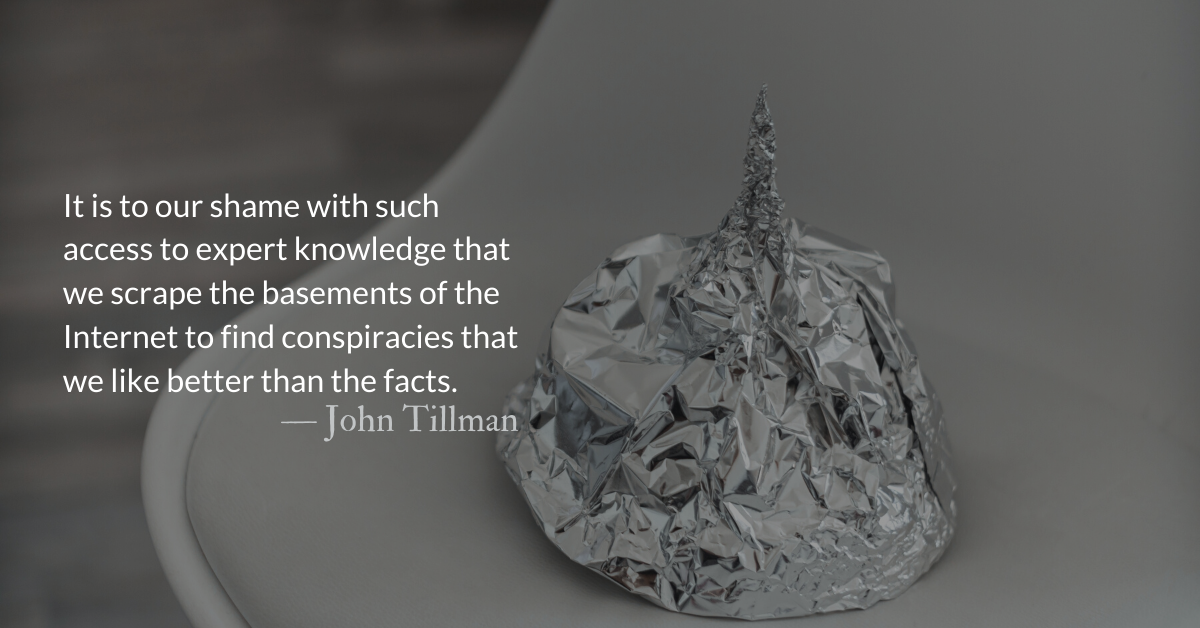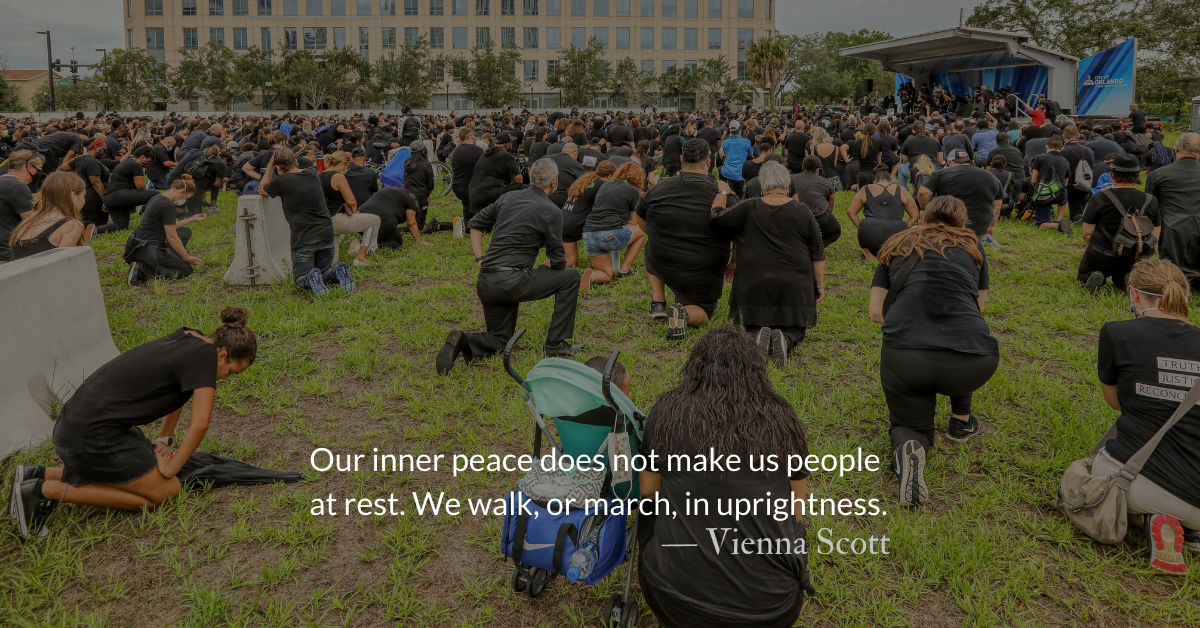Scripture Focus: James 1.22-24
Do not merely listen to the word, and so deceive yourselves. Do what it says. Anyone who listens to the word but does not do what it says is like someone who looks at his face in a mirror and, after looking at himself, goes away and immediately forgets what he looks like.
From John: We’ve been intentionally focusing on the Old Testament for much of this year, but this 2019 post from Jon Polk is one I felt I needed to see again, so we are resharing it today. The mirror of scripture isn’t intended to flatter us or to flatten us with self-loathing. It is a tool to encourage change, not pride or despair. May we look into it deeply.
Reflection: Practice What You Preach
By Jon Polk
Turning the pages from Hebrews to the letter of James, we notice a marked contrast in content and style. While Hebrews is filled with lofty theological concepts, James is quite the opposite, with little exposition of Christian doctrines, but rather an almost random collection of ethical instructions for Christian living.
The author James is the brother of Jesus, leader of the early Christian church in Jerusalem. It is clear by his emphasis on Christian behavior that James had experienced arguments and conflicts in his congregation. Sadly, James’ instructions on civility are needed as much today as they were two thousand years ago.
Some have noted James’ focus on behavior, not doctrine, and have demoted James’ letter to a lesser place in the biblical canon. Martin Luther famously referred to the letter as an “epistle of straw,” stating that it has nothing of the nature of the gospel about it.
But this short letter is an exercise in practical theology, the discipline that seeks to align theological practices with theory. Richard Osmer defines the four key questions and tasks of practical theology: What is going on? Why is this going on? What ought to be going on? How might we respond? Reading through the instructions in James’ letter, we find that he often addresses these questions.
Behind James’ admonition to be doers of the word and not merely hearers is a call to a higher level of accountability and responsibility. James compares a person who hears God’s word and proceeds not to follow its instructions as someone who has immediate memory loss upon stepping away from a mirror, unable to recall their own face.
In Disney’s classic Snow White, the evil Queen employs a magic mirror to remind her that she is the fairest in all the land. It is simple flattery at its finest, which aids in masking the deceit lurking in the Queen’s own heart.
So often we look into the mirror of God’s word and congratulate ourselves for having the right beliefs and purest theology, only to cover up the destructive actions and attitudes that characterize our daily dealings with the world around us.
James encourages us that we have every perfect gift from our Father in heaven (1:17) in order to produce the fruits of faith in our daily lives and to rid ourselves of the sinful nature lurking within.
Mirror, mirror of God’s word, remind us to do the things we’ve heard.
Divine Hours Prayer: The Refrain for the Morning Lessons
The human mind and heart are a mystery; but God will loose an arrow at them, and suddenly they will be wounded. — Psalm 64.7
Today’s Readings
1 Chronicles 13-14 (Listen – 4:13)
James 1 (Listen – 3:26)
This Weekend’s Readings
1 Chronicles 15 (Listen – 4:38), James 2 (Listen – 3:32)
1 Chronicles 16 (Listen – 5:21), James 3 (Listen – 2:38)
Read more about The Sojourn of Sanctification
Jesus is our model, our pattern, our leader to follow through the desert as we are changed from one kind of people to another.
Read more about The Cost of Repentance
How far will you go to remove sin in your life? Whatever it may be, the cost is worth it.













